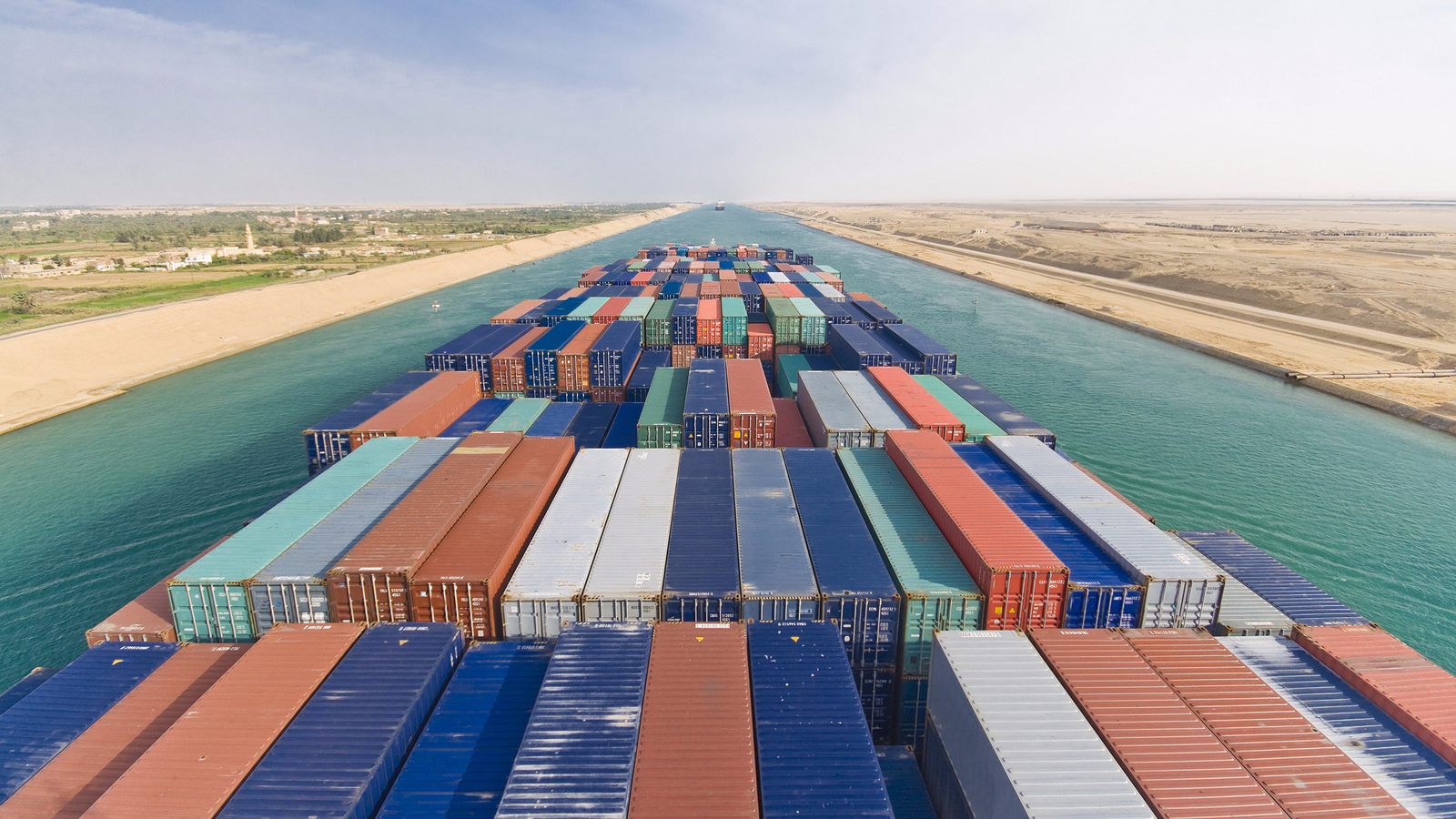
Maritime agency warns shipping industry over rising Middle East tensions
LONDON : Increased tensions in the Middle East may lead to an escalation in military activity that could impact shipping in critical waterways, Britain’s maritime agency said.
Much of the world’s oil and key commodities including grains pass through the region’s busy sealanes.
The United States and Iran are expected to hold talks this week on Iran’s nuclear programme. Washington has threatened to take military action if the talks fail, and Iran said on Wednesday it could strike U.S. bases in the region if conflict arises.
The United Kingdom Maritime Trade Operations (UKMTO) said in an advisory note on Wednesday that it was aware of increased tensions in the Middle East which could lead to an escalation of military activity having a direct impact on mariners.
The UKMTO advised vessels to use caution when passing through the Gulf, the Gulf of Oman and Straits of Hormuz.
The UKMTO, which gathers reports on threats to shipping, did not specify the nature of the increase in tensions that prompted its alert.
“Israel-affiliated merchant shipping is assessed to be at heightened risk of reciprocal military action,” British maritime security company Ambrey said separately on Wednesday.
“Substantial U.S. support to Israeli offensive action would raise the risk to U.S. shipping and vessels carrying U.S. cargo.”
Shipping industry and insurance sources said there was growing concern over a spillover from any action by Israel and its arch foe Iran, especially in waters around the Gulf and nearby waters.
Last year, Iran fired hundreds of missiles and drones at Israel, and Israel launched airstrikes on targets inside Iran.
“Any attack will have a certain potential to escalate and impact shipping as well as implicate military forces of other countries operating in the area, including the United States,” said Jakob Larsen, chief safety & security officer with shipping association BIMCO.
“A full-blown armed conflict between Israel/U.S. and Iran would most certainly effectively close the Straits of Hormuz at least for a period of time and drive up oil prices.”
Source: Reuters

